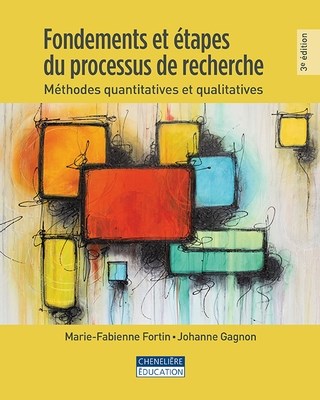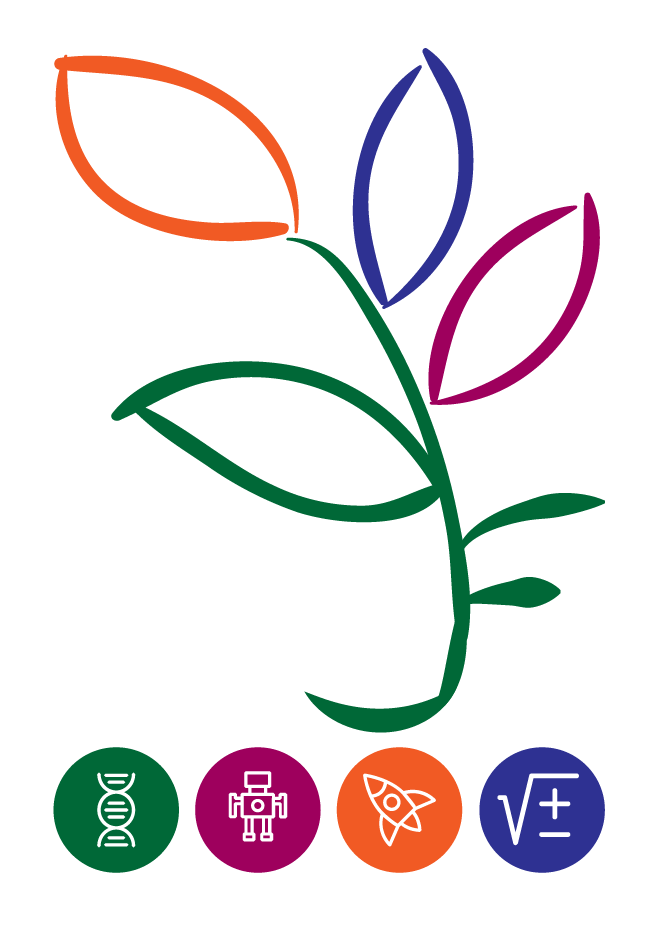Hello grad students! I created this page specifically for you, as I’m hoping that my struggles as a graduate student won’t be your struggles. Enjoy!
Imposter Syndrome
Oh the imposter syndrome! We’ve all been there. I can say from experience that it can last a couple of days to months. For others, I know the imposter syndrome can be felt during the entire graduate studies journey. While I don’t believe I have cracked the code to feelings of belonging, I now have steps I follow when I’m feeling like an imposter.
The first thing I do is contact my PhD friends. They may or may not be feeling the same way as I, but when we verbalize our many accomplishments (big and small) we come to realize that we do have a place as doctoral students. If after a friends reunion, I’m still feeling like an imposter, I go in search of a workshop or webinar. If there aren’t any upcoming events related to the imposter syndrome, contact your institution as they may have recordings of previous events. My last option is to examine videos and blogs. Below are a few that I find particularly helpful.

- The video by Dr. James Hayton has some helpful tips and will only take a few minutes of your time to examine.
Hayton, J. (2017). How to cope with PhD imposter syndrome. https://jameshaytonphd.com/quick-tips/phd-impostor-syndrome
- I enjoyed examining this blog that provided some valuable information about the imposter syndrome:
Charaverty, D. (2020). Imposter Syndrome: When your accomplishments make you feel like a fraud! [blog]. https://supervisingphds.wordpress.com/2020/04/07/impostor-syndrome-when-your-accomplishments-make-you-feel-like-a-fraud/
- Lastly, the Globe and Mail article is not specific to grad students, but it provides prompts to determine if you are suffering from the imposter syndrome and ways of overcoming it.
Pinker, S. (2004). Feeling like a fraud. The Globe and Mail. https://www.theglobeandmail.com/report-on-business/feeling-like-a-fraud/article18266095/
All things research
When I first started my PhD, there was a lot of confusion around the many new terms (e.g., epistemology, ontology, theoretical framework, etc.). Thus, I went in search of a simplified explanation of these terms and I found it! In the hopes that it might be helpful to you, here it is! I even go back to this blog when I’m overcomplicating things and need to go back to basics.
Patel, S. (2015). The research paradigm – methodology, epistemology and ontology – explained in simple language [blog]. http://salmapatel.co.uk/academia/the-research-paradigm-methodology-epistemology-and-ontology-explained-in-simple-language/
Another resource I have used on numerous occasions is the book by Fortier and Gagnon entitled Fondements et étapes du processus de recherche. The book is well amazingly organized and easy to follow. The book is in French and unfortunately, there doesn’t seem to be a translation. However, if you can examine it in French, I highly recommend it!

Advice
As an upper-year graduate student, I’d like to leave a final piece of advice for my colleagues. The journey of graduate studies is a particular one as the work never ends. You could always be working (e.g., on an article, your thesis, thinking of a future career path, on a contract, etc.). This can become heavy on your mind and shoulders. I recommend finding balance in life and trying not to do it all (I speak from experience). Even if you feel others are moving faster than you, it is okay. Be proud of what you have accomplished, as you have made huge strides to get to this point. Lastly, try to have fun!
